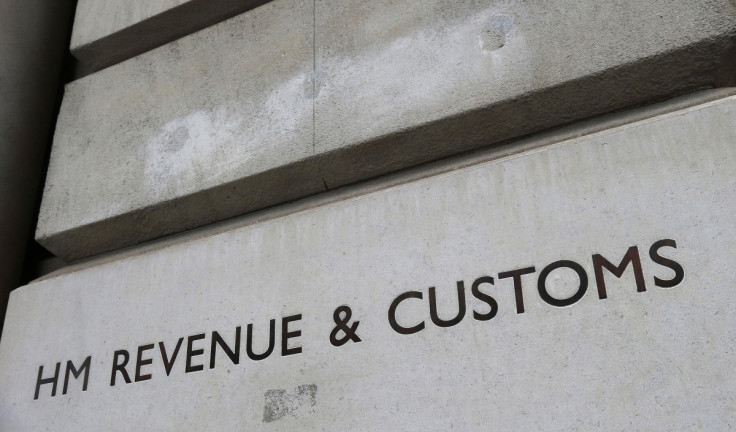SMEs Rage Against HMRC Plans to 'Raid' Unpaid Tax from Bank Accounts

Small businesses have hit out at the HMRC's proposed power to recover unpaid tax directly from the debtor's bank account.
The Direct Recovery of Debt (DRD) initiative, which was announced in the Budget 2014 announcement, has been open for public consultation since 6 May, with the deadline for submissions coming on 29 July.
Under the new legislation, Britain's taxman will be able to collect tax and tax credit debts from individuals and businesses who owe more than £1,000 and who have been contacted by HMRC about the outstanding amount on a minimum of four occasions.
The revenue must always leave a minimum of £5,000 in the accounts which it accesses. It's anticipated that an average of 17,000 debtors per year will be targeted, with 85% of those being self-employed or self-assessed.
Meanwhile, the Forum of Private Business (FPB) urged the government to scrap the plans, saying they unfairly target small firms. The head of policy at the FPB Alexander Jackman said that the plans reinforce the widely-held view among members that they are unfairly targeted by HMRC.
"Our members are unequivocal in their condemnation of tax avoidance and the tax evasion practices that have received significant coverage in the media, in particular the practices of large corporates.
"The smaller scope of their operations means many small business owners feel much more vulnerable to investigations than larger firms with more complex tax arrangements," he said.
The FPB has suggested that the £5,000 cash safety net is too low, accusing HMRC of failing to account for the unexpected costs, which can befall small businesses.
'Going Against the Magna Carta'
Several politicians have backed the campaign to stop the legislation, with some suggesting it will violate some of the earliest statutes of British law.
"We are talking about the ability of one organ of the state to have the unique right to go against the Magna Carta charter and go in and seize - without judicial process or review – a bank account," said John Thurso, Liberal Democrat for Caithness, Sutherland and Easter Ross at a select committee meeting earlier in July.
However, HMRC and tax justice campaigners have defended the legislation. HMRC said that it will "help level the playing field", and that the measures are similar to those in place everywhere from the US to Ireland and Denmark to Australia.
The UK Department for Work and Pensions already operates a similar policy for those who are in arrears for child maintenance payments.
Richard Murphy, a tax campaigner with Tax Research LLP, tells IBTimes UK that the essence of the legislation is fair, but that it must be monitored and controlled sufficiently.
"The difficulty for all the opponents is that this is a weapon of last resort. It's only going to be used when the revenue has made at least four contacts and not had any response. So if the person has been simply putting their head in the sand then surely it's fair enough to have the mechanisms for recovering the tax," he said.
Murphy, however, called for a fair appeal mechanism, an overarching ombudsman to judge the appeals and a rolling review procedure to ensure DRD does not become a standard method of recovery tax.
Under the new rules, debtors would have 14 days upon being notified of the fact that HMRC is to access their bank accounts to arrange payment, but Murphy said that this should be longer.
An HMRC spokesperson said: "These are people who have the means to pay but won't pay. These are people with an average of £20,000 in their bank account. These are hardcore defaulters who don't engage with HMRC and ignore our correspondence."
HMRC has, since the 12<sup>th century, had the power to seize the assets of those who haven't paid taxes, but this marks the first time in which it will be permitted to directly access their personal or business finances.
The most recent official statistics about the amount of tax lost through non-payment and avoidance (the tax gap) show that in 2011-12, HMRC lost £35bn.
While most of the public debate over tax evasion and avoidance has centred on large corporates and high net worth individuals, the statistics show that almost 50% of the £35bn was attributable to SMEs, with one quarter coming from large corporations. The remainder is down to individuals and criminals.
The legislation is expected to come into place next year, with the results of the public consultation to be processed over the coming months.
© Copyright IBTimes 2025. All rights reserved.






















